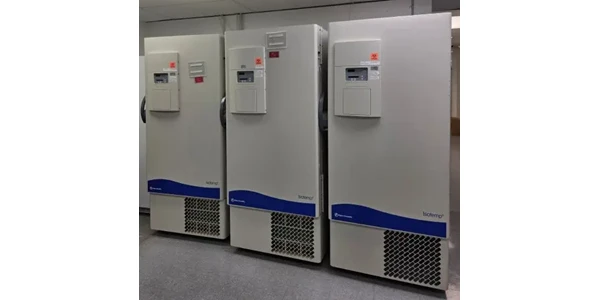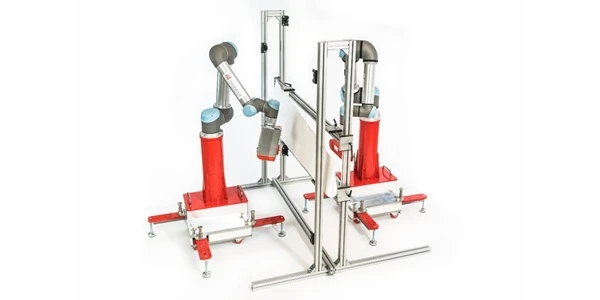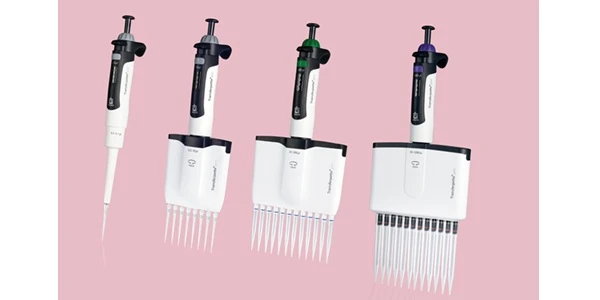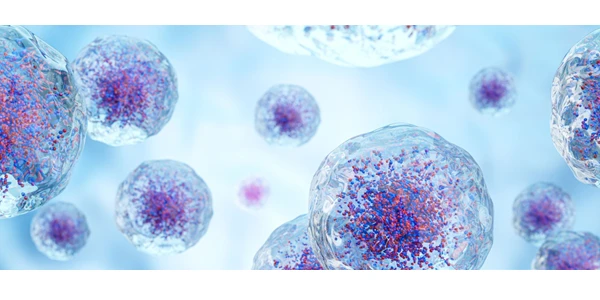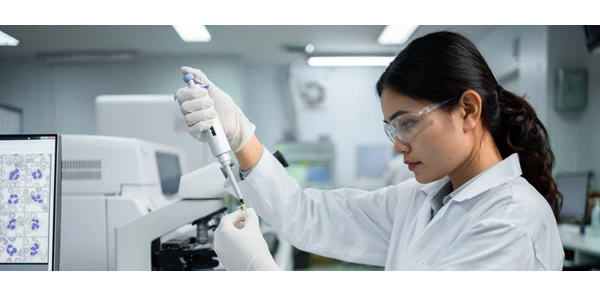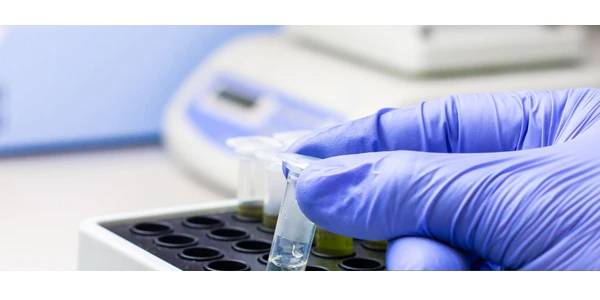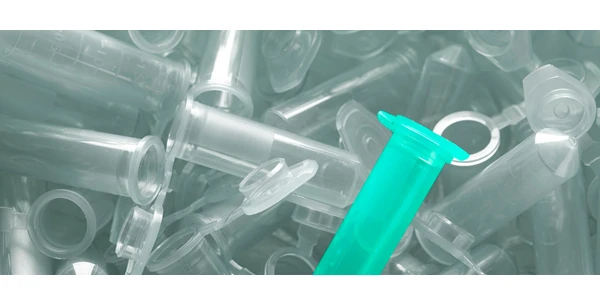Environmental Impact of Purchasing a Used Mass Spectrometer
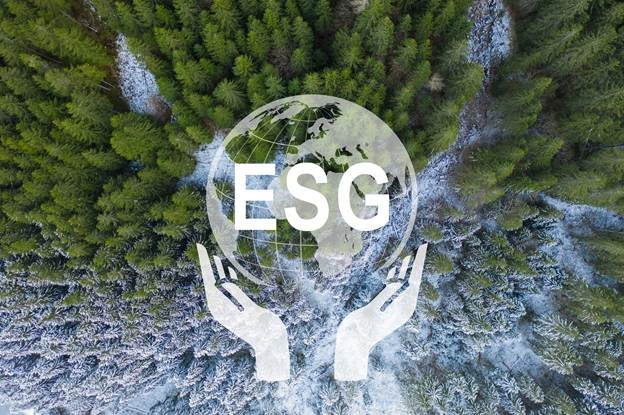
In an era of increasing environmental awareness, laboratories are seeking ways to minimize their ecological footprint. One often-overlooked sustainability practice is purchasing pre-owned scientific equipment, including used mass spectrometers. By extending the lifespan of existing instruments, laboratories can contribute to resource conservation, waste reduction, and carbon footprint minimization while still obtaining high-quality analytical performance.
Reducing Electronic Waste (E-Waste)
E-waste is one of the fastest-growing waste streams globally, with discarded scientific instruments contributing to the problem. Mass spectrometers contain complex electronic components, vacuum pumps, and heavy metals, which can pose environmental harm if improperly disposed. By purchasing a used mass spectrometer, laboratories help prevent premature disposal, keeping functional equipment out of landfills and in operation for longer.
Conserving Raw Materials and Energy
Manufacturing a new mass spectrometer requires raw materials such as metals, plastics, and rare earth elements. By reusing an existing instrument, laboratories reduce the demand for newly mined materials and the associated environmental damage.
Lowering the Carbon Footprint of Scientific Research
Every mass spectrometer has a life cycle carbon footprint, from manufacturing to transportation to end-of-life disposal. If a mass spectrometer is refurbished rather than discarded, its embedded carbon footprint is spread over a longer operational lifespan, reducing its overall environmental impact.
Supporting the Circular Economy in Scientific Research
The circular economy focuses on reuse, refurbishment, and recycling rather than the traditional “take-make-dispose” model. Buying used mass spectrometers:
- Extends the useful life of high-value equipment
- Reduces reliance on raw material extraction
- Encourages refurbishment and remanufacturing industries
· This approach aligns with sustainability goals while maintaining analytical reliability.
Reducing Laboratory Operational Waste
Purchasing a used mass spectrometer can also reduce lab-generated waste by promoting refurbishment and recycling parts. Used instruments can be upgraded and repaired rather than replaced, keeping components in use longer.
Enhancing Laboratory Sustainability Initiatives
Sustainability is becoming a priority for universities, research institutions, and commercial labs. Many organizations now include eco-conscious procurement policies as part of their Environmental, Social, and Governance (ESG) strategies. Buying used mass spectrometers can:
- Help meet sustainability goals outlined in institutional policies.
- Contribute to LEED certification points for green lab initiatives.
- Demonstrate commitment to responsible resource use in grant applications and funding reports.
Summary
Buying a used mass spectrometer is not just a budget-friendly decision—it’s an eco-conscious choice that supports sustainability in scientific research. The key environmental benefits include:
- Reducing e-waste and landfill contributions
- Lowering the demand for new raw materials
- Minimizing carbon emissions from manufacturing and transport
- Supporting the circular economy and sustainable procurement
By choosing a refurbished mass spectrometer, laboratories can continue performing high-quality analytical work while actively reducing their environmental impact.
